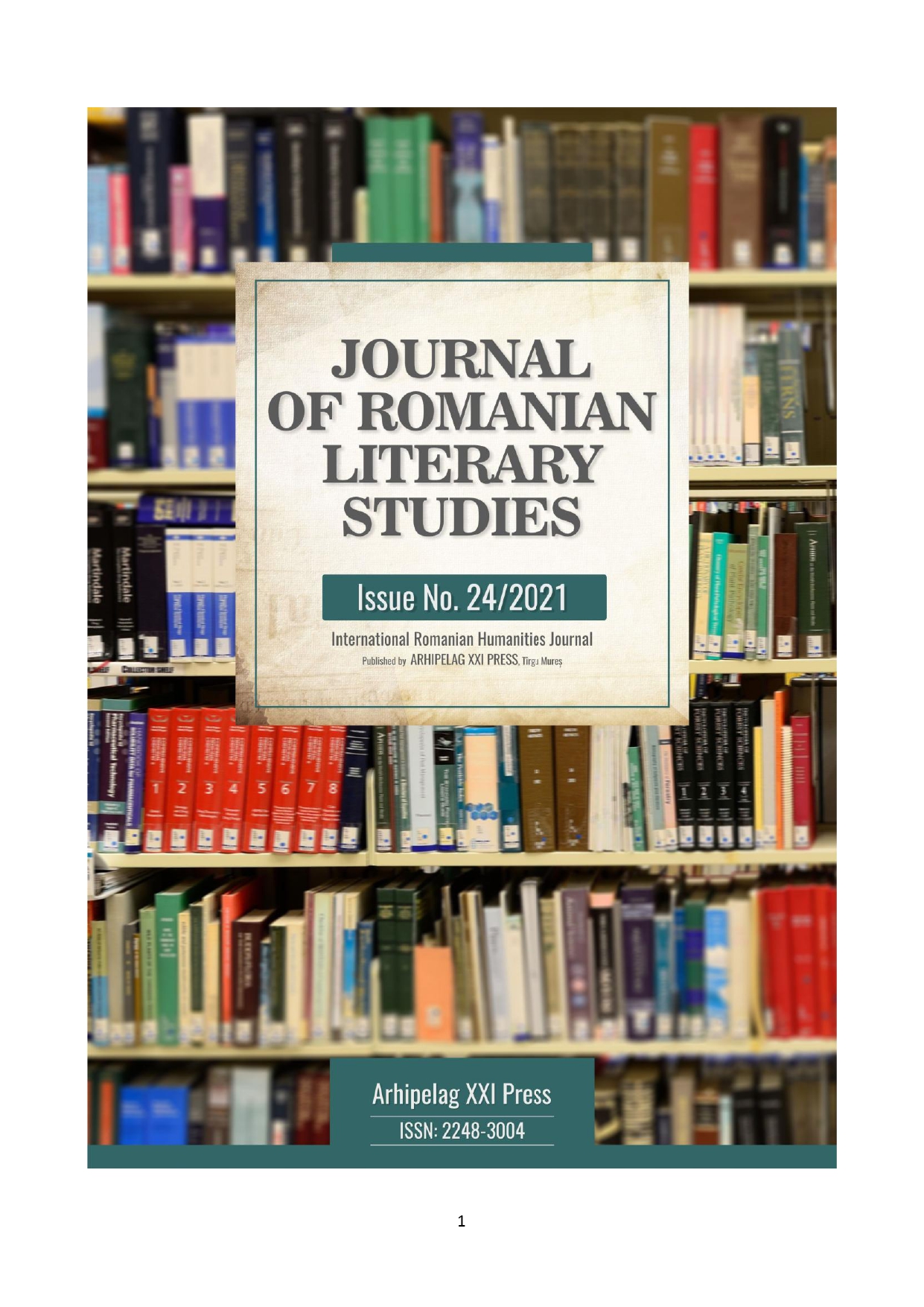THE RIGHT AND DUTY OF PARENTS TO ADMINISTER THE CHILD'S PROPERTY
THE RIGHT AND DUTY OF PARENTS TO ADMINISTER THE CHILD'S PROPERTY
Author(s): Ioan MicleSubject(s): History of Law, Constitutional Law, Criminal Law, Civil Law, Human Rights and Humanitarian Law, Philosophy of Law, Sociology of Law
Published by: Editura Arhipelag XXI
Keywords: parental protection; parental duties; supervision of the child; interests of the minor; guardianship;
Summary/Abstract: Given that, due to his physical and mental immaturity, the minor child needs protection, he is placed by law under the protection of fully capable persons. In principle, the law places the child under the protection of his parents who are primarily responsible for his upbringing and development. They have the task of ensuring the defense and full realization of the personal and patrimonial interests of the child and of the rights that the law recognizes. In order to achieve this goal, parents must fulfill a series of obligations and exercise a set of rights that concern both the person and the child's property and make up in their entirety the content of parental protection. The institution of protection of the minor through parents, known in other legislations as parental authority, a notion that the Romanian legislator uses in the new Civil Code to designate the set of rights and duties regarding both the person and the child's property, is the natural and natural way protection of the child intended to ensure the full and harmonious development of his personality, as well as his material well-being. The legislation of this institution, based on the idea of child protection, has as its supreme consideration the optimal satisfaction of the child's interests. The best interests of the child are the guiding principle for parents who exercise their rights and fulfill their obligations to their children. The law does not define the content of the notion of interest of the child, remaining at the sovereign discretion of the judge. The protection of the minor child by his parents is primarily aimed at his person and is achieved through a set of parental rights and obligations that are part of the personal side of this protection. The content of the personal side of the protection of the minor through the parents presents certain particularities from the point of view of the rights and obligations that enter in its composition, depending on the legislation in which they are regulated. In principle, the parental rights and obligations regarding the person of the minor are exercised and fulfilled jointly by both parents. The exercise and joint fulfillment by the parents of the parental rights and obligations regarding the person of the minor presupposes that the decisions regarding him / her must be taken together by the parents, and always have applicability in the situation of the married child whose parents live together. In the situation where the parents are separated, as well as in the case of the child out of wedlock, the question arises as to whether or not this principle is still applicable. In this respect, the analyzed legislations offer different solutions. Thus, in the event that the child is entrusted to one of the parents, he exercises parental rights. The other parent reserves the right to have personal ties with the child and to watch over his or her upbringing, education, teaching and vocational training. He also has the exercise of the rights to consent to the adoption and marriage of the child, as well as the obligation to support the child. If the court entrusts the child to a third person or a care institution, the parental rights and obligations regarding the person of the minor will be exercised and fulfilled by the person or care institution to whom the child has been entrusted. In the case of the child out of wedlock, the rights and obligations are exercised and fulfilled by the parent to whom the child has established the parentage. If the parentage is established with respect to the second parent more than one year after the birth of the child whose parentage has already been established with respect to the other parent, the latter remains alone invested with the exercise of parental authority. If the parentage has been established in court against the second parent, parental authority is exercised by the parent to whom the child first established the parentage. Parental protection, in its entirety, consists of a set of obligations and rights assigned to parents not in their interest, but in the interest of the child. The fulfillment and exercise in the interest of the minor of the obligations and rights that enter into the content of the parental protection on his two sides, personal and patrimonial, has as finality the protection of the child's person and his goods.
Journal: Journal of Romanian Literary Studies
- Issue Year: 2021
- Issue No: 24
- Page Range: 556-569
- Page Count: 14
- Language: Romanian

